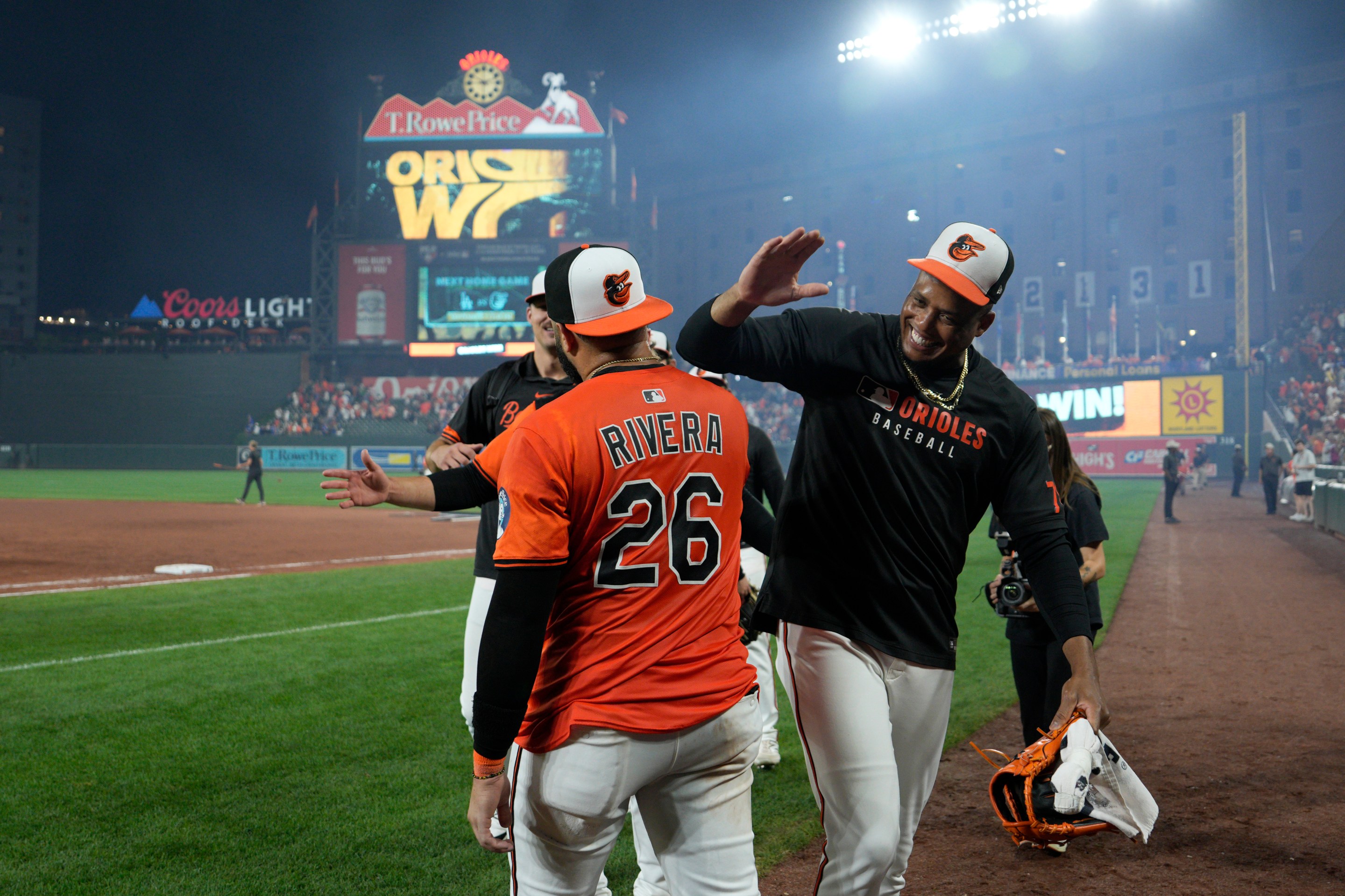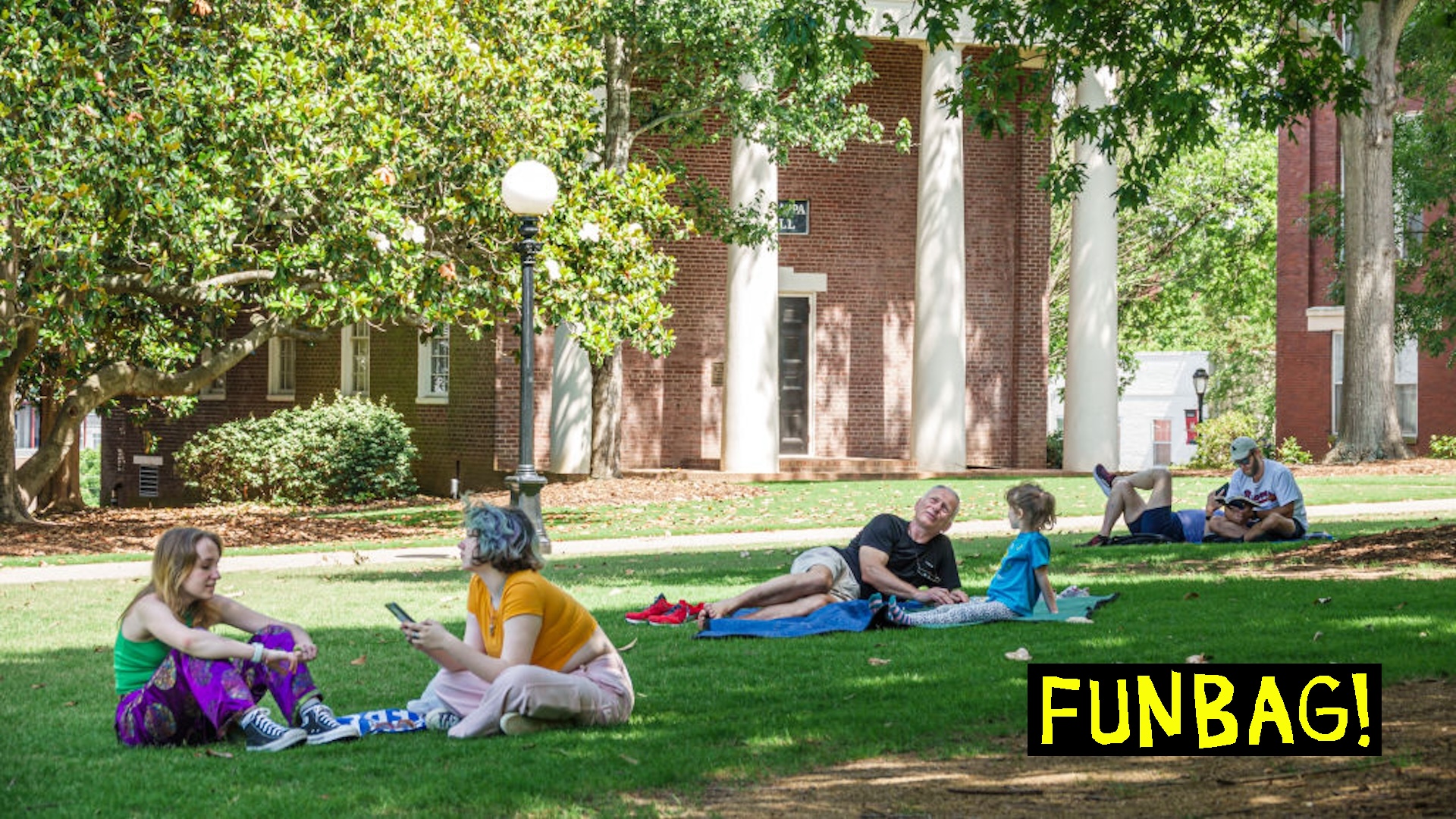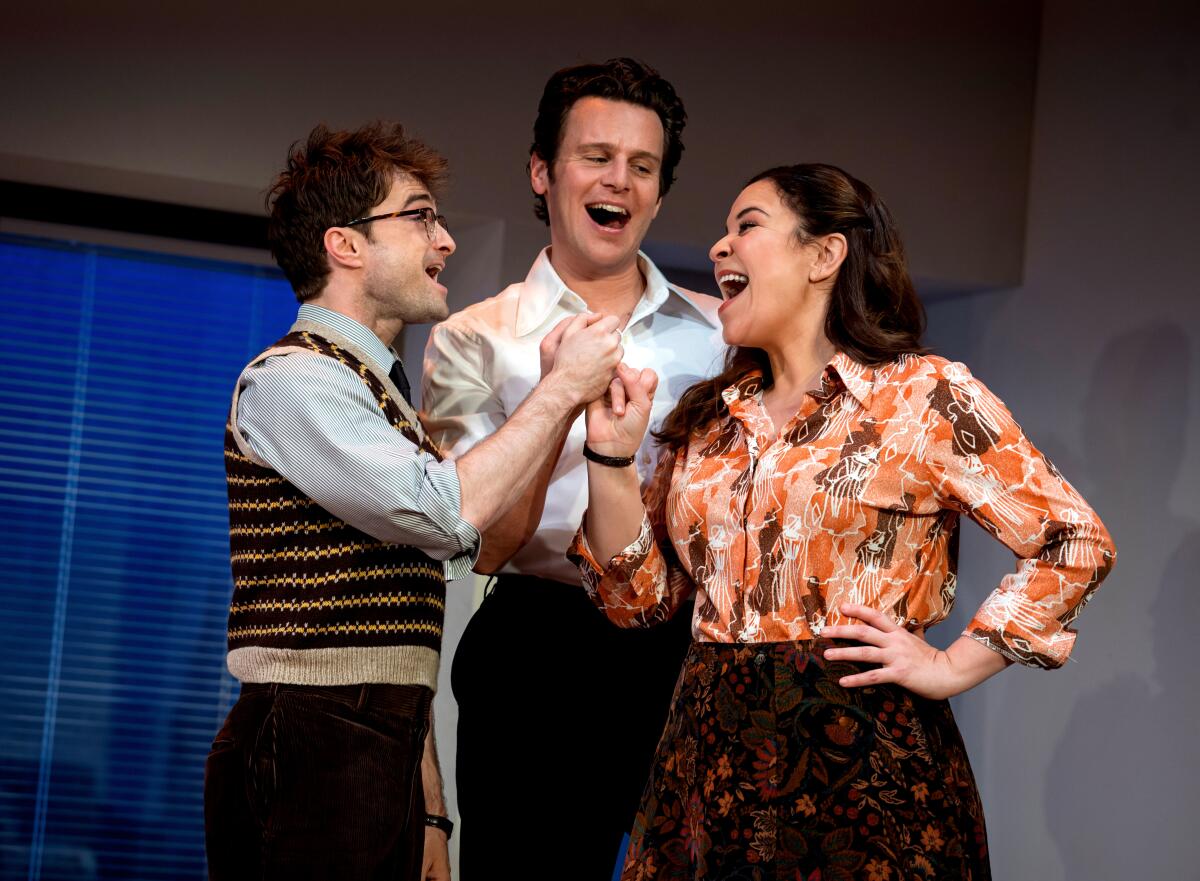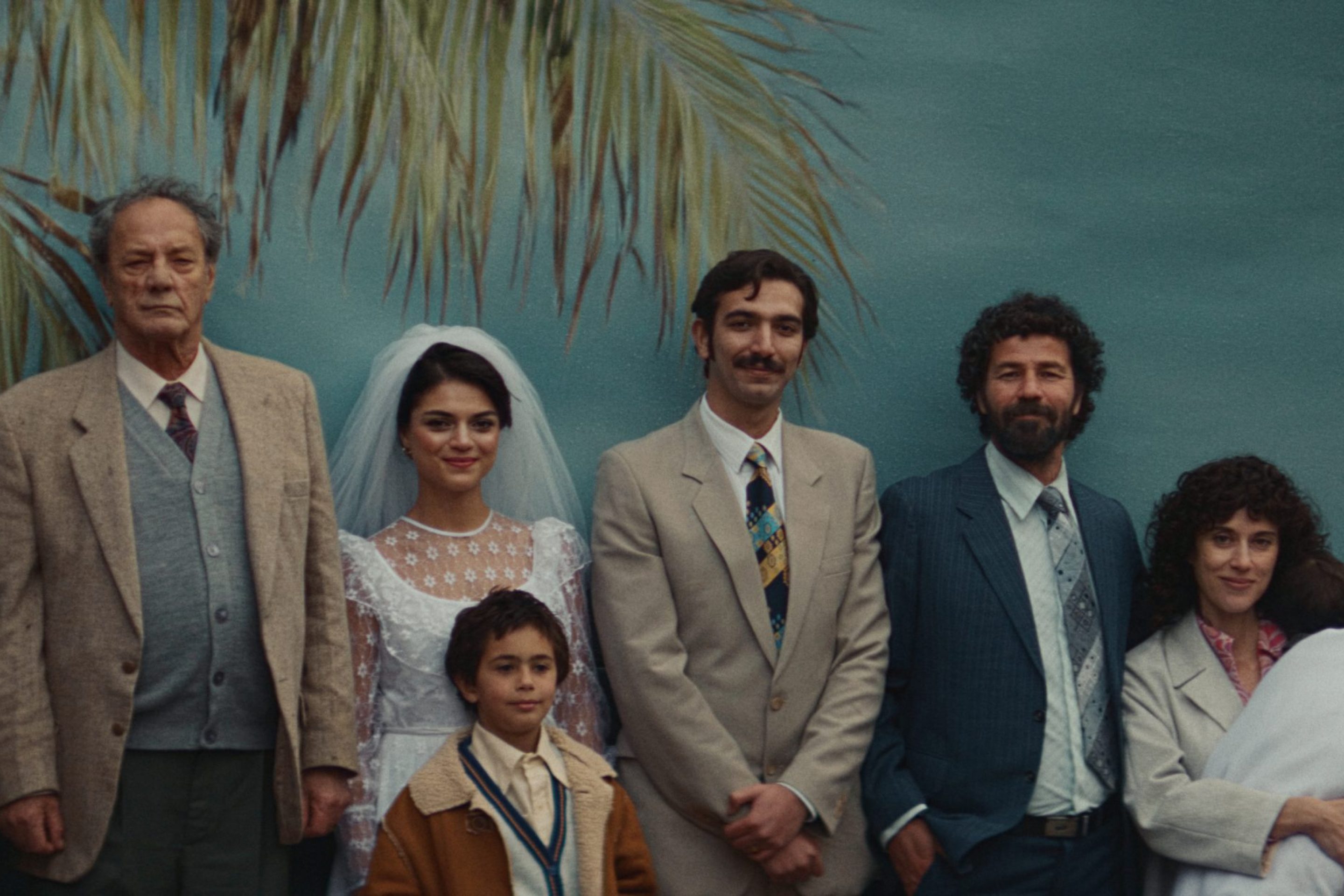BALTIMORE — With two outs in the bottom of the ninth on Saturday night, the Dodgers leading the Orioles 3-0, all I was thinking about was Yoshinobu Yamamoto. The L.A. ace looked poised to wrap a no-hitter at Camden Yards, and the entire crowd was on its feet, either outright cheering for the road team or at least feeling awed by the performance happening in front of them.
It's not always easy to appreciate a great pitcher when you're sitting deep in the outfield corner. On TV, you get the perfect angle. You see the movement of the ball, its placement relative to the strike zone, and a constant stream of slow-mo replays. At the stadium, it's easy to feel the power of a home run or admire the athleticism of a diving grab, but the subtlety of pitching is lost in the distance. You see a white sphere appear and then disappear, basically. The only way to emphasize its success or failure in a truly legible way is when a guy takes a big hack and comes up empty.
Something like a six-inning, four-hit, no-run start hits a lot harder from the couch. But I know now that a no-hit expedition feels so much different from a more typically great outing. I couldn't tell you exactly how Yamamoto was getting the Orioles out nearly every time, only confronting one over the minimum and pitching perfectly from the fourth inning on. But if you see the same thing happen over and over, you absorb the point. The unrelenting parade of Baltimore futility—the sheer lack of guys reaching base—turned out to be just as emphatic as an up-close look at Yamamoto's 10 strikeouts would have been. The aura around the mound only felt more foreboding every time an Oriole trudged back to the dugout. That slow, controlled wind-up of Yamamoto's was like watching an expert hunter take aim.
I have a thing where I always believe I'm going to see a no-hitter when I go to a game, even though I never have—and nobody anywhere in MLB has seen it in 2025. I keep score at the ballpark, and as unlikely as it is, I take notice when I mark those first couple of zeroes at the ends of innings. I can always imagine the path ahead. For almost the entirety of the night, Yamamoto followed it without wavering.
With two outs in the bottom of the ninth, the Dodgers leading the Orioles 3-1, Jackson Holliday intruded on my thoughts. The 21-year-old Oriole froze the pitcher's line at 8.2 innings with the first Baltimore hit of the night, and not just a lousy single, either. Holliday slammed a pitch just barely far enough to count as a home run, although from my angle in deep right, I couldn't actually see what happened to the ball, which hit the top of the wall and bounced back onto the field. I heard the cheers, but those were inconclusive. I saw Holliday slow down as he passed second base, but I couldn't tell if that was because he was out or not. Finally, I looked onto the mostly full stadium and saw that the orange shirts had their arms raised, and the blue shirts didn't.
I smiled knowing that I would never forget those eight and two-thirds, feeling rewarded for my long-term optimism even if that last out eluded Yamamoto. And I started thinking about the walk-off. It wasn't a realistic hope, but Saturday was a night designed to get Oriole lifers feeling romantic about baseball, even with their disappointing team positioned well outside the postseason.
Sept. 6, 2025 marked the 30th anniversary of Cal Ripken Jr. breaking Lou Gehrig's consecutive games streak, and the opening ceremonies gathered a bunch of his former teammates (plus Ken Griffey Jr.) to watch him recreate the drive around the warning track that he made at his 2,131st game in a row back in 1995. Repeated through the Camden Yards speakers multiple times throughout the night was the oft-stated belief that Cal's streak "saved baseball," restoring the sport's idealism after the bitterness of the 1994 strike. I'm not sure about all that, but I do know that the celebration of the Iron Man brought thousands of people to the ballpark who were otherwise not showing up at Orioles games over the last few months. In that way, Ripken still demonstrated the power to make people like baseball at least a little bit more.
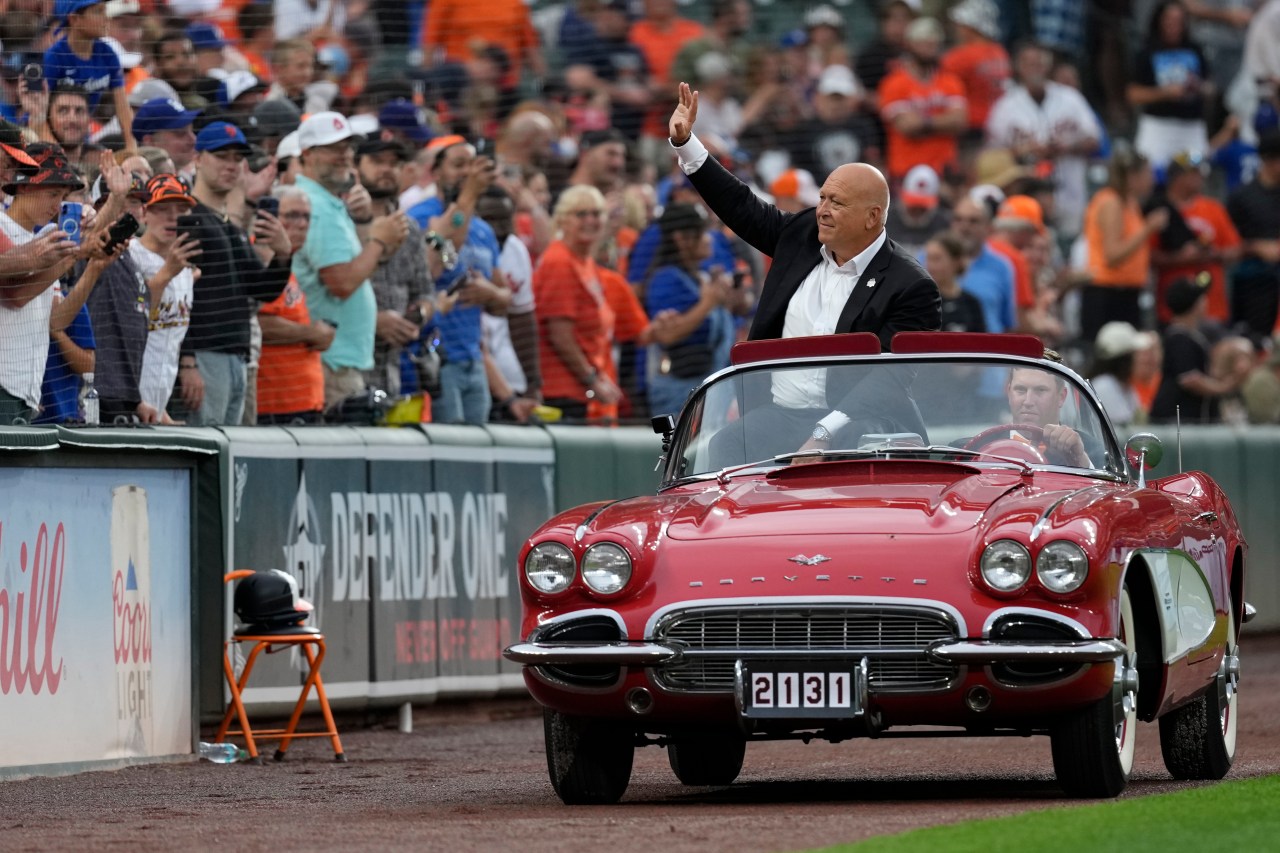
The present-day Orioles picked it up from there. After Holliday crossed home plate, a few faithless folks made for the exits. Everyone else stayed standing. The bases were empty, and Baltimore still needed two runs without an out to force extras. But we were amped. This meaningless September contest for the 65-76 O's had the atmosphere of a playoff game. Yamamoto's gem was no longer relevant; all that mattered now was whether the home team could complete the comeback.
When the game was over, the Orioles winning 4-3, I was thinking in wordless screams. Yamamoto was pulled to a respectful ovation, but his reinforcements might as well have spat on his cleats. Blake "You Tried" Treinen entered the game to allow a double, a hit by pitch, a walk, and then another walk to give the Orioles their second run. Even through another pitching change that brought Tanner Scott to the mound, nobody lost any emotional momentum. The fans seemed to have collectively decided that the next time they would sit down would be when they got in their cars. All of their focus was on Emmanuel Rivera, a 29-year-old third baseman who's spent twice as much time at Triple-A Norfolk as he has in Baltimore this year.
I badly wanted a hit, and I felt emboldened by the improbable event that had taken place 24 hours prior. My dad and I made plans long ago to attend two games of this Dodgers-Orioles matchup. When the schedule dropped, it carried the alluring potential of a World Series preview. As the O's lurched through a pitiful letdown of a campaign, the mission became more "Well, we'll do fun things in Baltimore and see some baseball, too." But on Friday alone, we received a satisfying outcome: a 2-1 win from an absolutely out-of-nowhere walk-off bomb for Orioles prospect Samuel Basallo, at a time when I was already looking ahead to the Dodgers' top of the order racking up an insurmountable lead in the road half of the 10th.
I was thrilled to see that ball leave the yard, and I cheered loudly and proudly for a man who was heretofore unknown to me. When you make a trip like this—checking out a club and a venue that you are normally neutral on—I think it's non-negotiable that you cheer for the home team as if they are your own. It's just being a good guest, giving them your affection and attention like that, and it's a fun aspect of any vacation to try on some version of yourself that doesn't usually exist. In my case here, that would be a person who wears the color orange and doesn't find it degrading to "Moo" for Oriole center fielder Colton Cowser.
So with Rivera facing down Scott, attempting to complete the magic spell this team was combining to cast, I didn't feel any different from the hopeful O's fans around me. I was locked onto absolutely nothing besides that space between the mound and the plate. Rivera took a ball to ratchet up the tension, and a strike that served as a reminder of the situation's vulnerability. Then, finally, closure.
Rivera reached down for a low heater and tapped the ball over second base into the outfield. The tying run was guaranteed as soon as his hit touched the grass, and the throw home for the winning run didn't come close at all. Even before Jorge Mateo crossed the plate to make the shock official, I was screaming myself hoarse, making use of the vacated seats on my right to jump up and down. Then I screamed some more, feeling like all the blood was rushing to my head. Frankly, my overall historic feelings about the Baltimore Orioles would have skewed a little negative before this weekend. But in this ecstatic late-summer night, their success meant that I literally had to take a few minutes to steady myself before I felt physically prepared to make the walk back to the concourse.
A baseball game this spectacular will do strange things to you. I bet I could go see 2,131 more and never witness anything quite like this.
